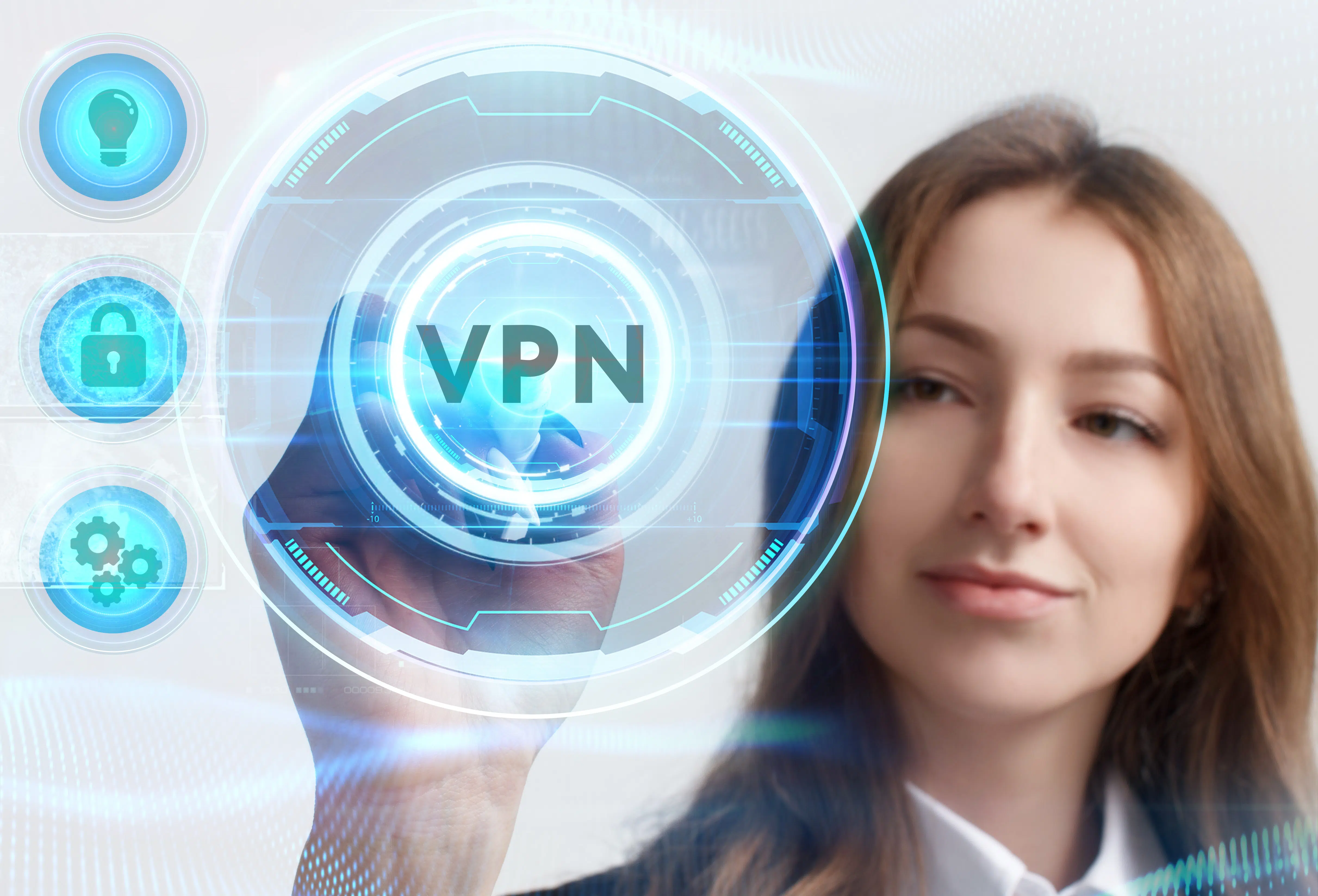Do You Need a VPN to Protect Your Identity When Online?
Home Help Center Do You Need a VPN to Protect Your Identity When Online?

- A virtual private network(VPN) is a tool that keeps outsiders like identity criminals from seeing your online activity. VPNs work by encrypting a user’s location and web traffic.
- While VPNs keep people from seeing your online activity, do consumers need a VPN to protect themselves online? The short answer is “no” for most consumers.
- Many things have changed. Most cybercriminals are not targeting individual devices; many browsers have added encryption; the primary use for a VPN today is to access internal business networks, not the consumer internet, which often requires a VPN for security.
- The best things to do to stay safe online are to make sure you visit websites that start with HTTPS:, use the actual Wi-Fi if connecting to public Wi-Fi, and do not enter sensitive information unless you are on a secure network.
- If you have questions or believe you are the victim of an identity crime, contact the Identity Theft Resource Center toll-free to speak with an expert advisor by calling 888.400.5530 or visiting idtheftcenter.org to live-chat.
A virtual private network (VPN) is a digital tool that keeps outsiders like identity criminals from seeing your online activity. A VPN is an installed piece of software on your laptop or desktop that is often either stand-alone or bundled with antivirus or security software. For mobile devices, a VPN can be a downloadable app from an app store.
Do You Need a VPN?
With all that said, do you need a VPN to protect your identity when you are online? The short answer is “no” for most consumers. Most people know that cybercriminals are ready and able to steal data over the internet as soon as it is available. Many people have opted to pay for a VPN to ensure the data they are sending across the web is secure. VPNs work by encrypting a user’s location and web traffic. While this may have been important a few years ago, many things have changed.
What Has Changed?
- Most cybercriminals aren’t targeting individual devices. Instead, they are looking for access to online accounts on a mass scale and are targeting businesses, not individuals, to get this information.
- Browser security has come a long way. Most mainstream browsers have added encryption and other layers of protection.
- A VPN is primarily used today for accessing internal business networks (i.e., for work) by remote workers as part of a robust cybersecurity practice. VPNs are an important part of business security protocols but are ordinarily provided by an employer.
Do you need a VPN if you are not being targeted, you are taking advantage of the added layers of security in place to protect people, or if you have no intention of using it for business? While a VPN can’t hurt, it probably isn’t necessary either, especially if you pay for one.
How Do You Stay Secure While Online?
- Make sure the websites you visit start with HTTPS: (also shown by a closed padlock next to the URL).
- If you are connecting to the internet using public Wi-Fi, make sure to connect to the actual Wi-Fi provided by the location you are at and not a spoofed Wi-Fi network. If you can’t tell which is the legitimate Wi-Fi network, ask an employee or use your mobile phone as a hotspot.
- Do not download any new apps or additional software that may pop up while on public Wi-Fi.
- When in doubt, do not enter sensitive information (like payment information or sensitive personally identifiable information like a Social Security number) on a website or log into financial or other sensitive accounts until you are on a secure network.
When considering the question “do you need a VPN,” remember that there are other things you can do that will be more effective at keeping you secure while online. Following the tips above will reduce the risk of an identity criminal stealing your sensitive data.
Contact the ITRC
To learn more, or if you believe you were the victim of an identity crime, contact the Identity Theft Resource Center (ITRC). You can speak with an expert advisor toll-free by calling 888.400.5530 or visiting our website to live-chat with an expert advisor during our regular business hours (Monday-Friday 6 a.m.-5 p.m. PST). Just visit www.idtheftcenter.org to get started.
How much information are you putting out there? It’s probably too much. To help you stop sharing Too Much Information, sign up for the In the Loop.
Get ID Theft News
Stay informed with alerts, newsletters, and notifications from the Identity Theft Resource Center

